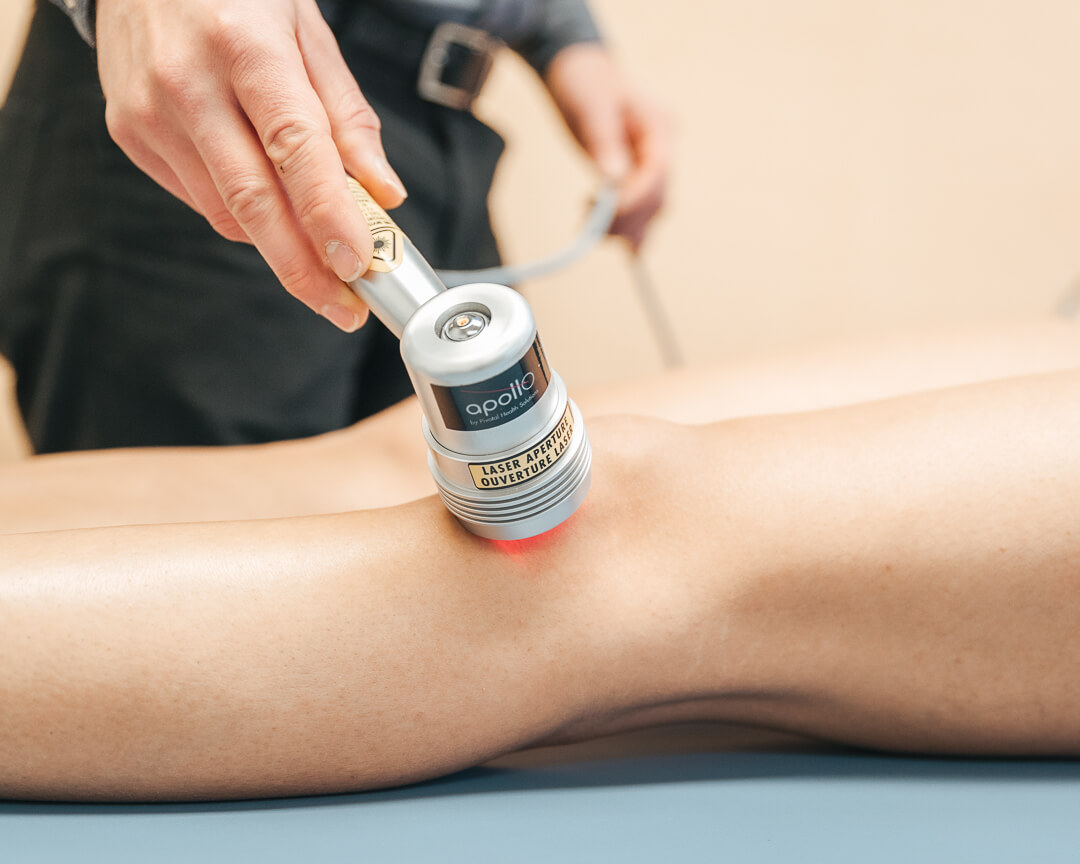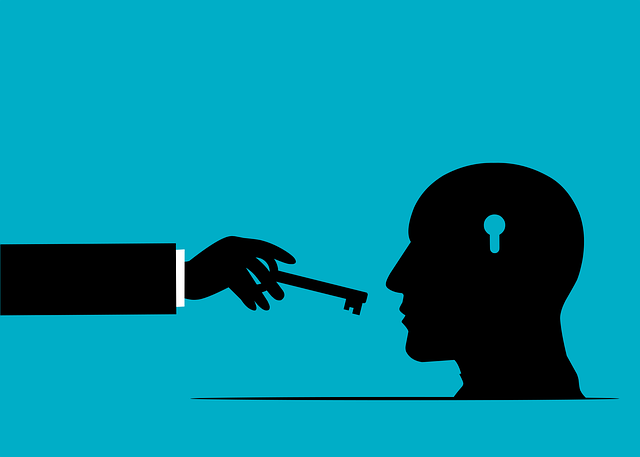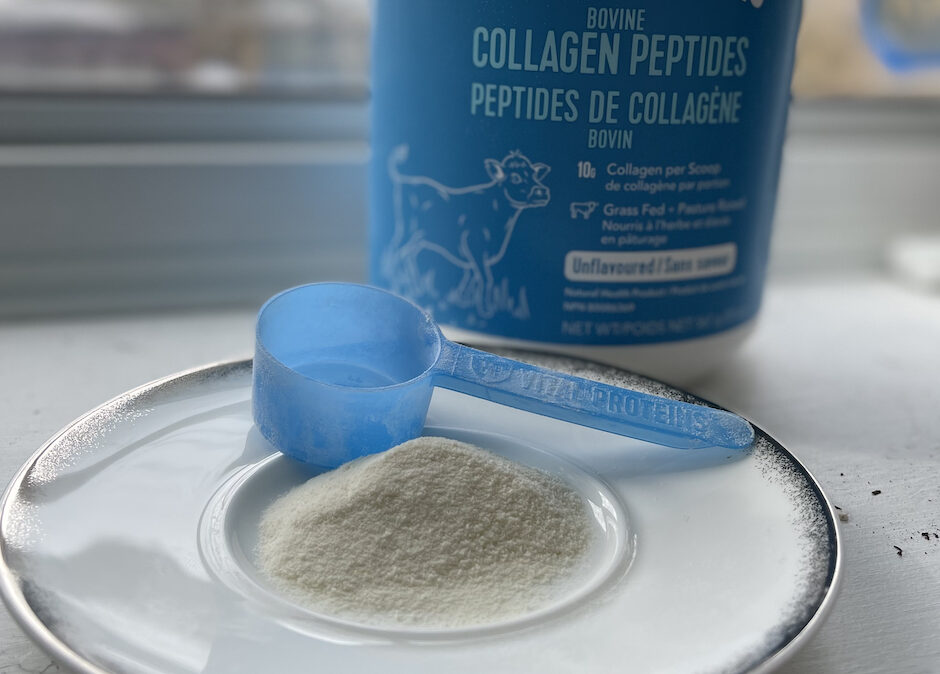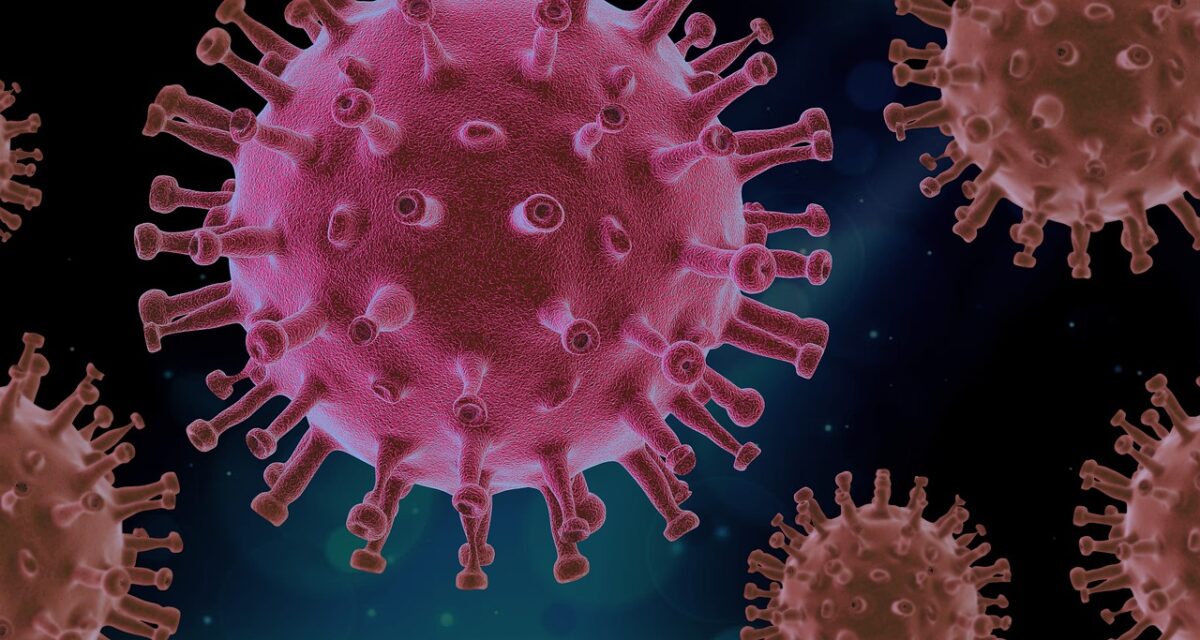What is NAD?
NAD IV therapy was described to me as a “game changer” while I was at a medical conference in Arizona. Up until then I had regularly treated my patients with vitamin and mineral infusions to help restore energy, sleep and manage the physical symptoms of stress amongst other things. I had come to terms with the fact that I could expect about a 60-70% response rate in my patients who were being treated for chronic fatigue. A colleague told me that NAD would be a game changer and that I could expect to see better and more consistent results. After my first NAD patient texted me the following day that they felt like a million dollars, I was sold to the idea.
NAD stands for nicotinamide adenine dinucleotide. It is a coenzyme that our body requires in order to convert food into energy and for facilitating many biochemical reactions. We need NAD to metabolize nutrients, proteins, carbohydrates and fats. NAD also impacts the functioning of cells, formation of muscle and regeneration of tissue. Studies have shown that low NAD levels are detrimental to muscle development, while elevated NAD levels could improve muscle health.
Like many fundamental nutrients and hormones, NAD levels decline as we age. This can prompt changes to our metabolism, energy levels, and our biochemistry over time. Low NAD levels can also make us more susceptible to age-related diseases and health concerns, such as Alzheimer’s, sarcopenia, and inflammation. NAD has even been touted as an anti-aging nutrient.
At my Toronto Naturopathic located in York MIlls, between the Bayview village area and Leaside, we have started to incorporate NAD into many of our IV infusions. Here are some of the outcomes of NAD therapy backed up by clinical research:
Cognitive dysfunction
Boosting NAD intake can impact brain health by improving neuronal function, protecting brain cells from harm, and driving mitochondrial functioning. Animal studies have shown that a group of signalling proteins called sirtuins may be linked to memory and learning. Sirtuins protect the body from amyloid proteins, which are related to Alzheimer’s and other degenerative diseases. Sirtuin production relies on NAD. Boosting NAD levels may likely help protect the body from amyloid proteins via sirtuin production.
Recovery from substance abuse
Excessive consumption drugs and alcohol can cause damage to organs and tissues including the brain. Studies have shown that substance abuse can specifically cause a drop in NAD levels. NAD is fundamental in the repair and detoxification pathways engaged after consumption of drugs and alcohol. Boosting NAD levels with IV therapy can help with cravings while mitigating brain fog, anxiety and fatigue.
Athletic Recovery
Proper energy metabolism and inflammatory pathways are fundamental in athletic recovery from training and injury. NAD supplementation helps to optimize energy metabolism through mitochondria activity, increases blood flow and reduces inflammation. These benefits in turn help to hasten the recovery phase and lessen muscle pain.
Chronic Fatigue
If you’re struggling with Chronic Fatigue or Myalgic Encephalomyelitis (ME), NAD could offer some alleviation. One of the ways NAD works via the mitochondria is by boosting the production of ATP. ATP is the primary energy source of all cells in the body. Boosting NAD levels via IV infusion helps to increase ATP production thereby reducing the severity of chronic fatigue syndromes.
Wondering how you may benefit from NAD supplementation? Give me a call or email and we can discuss how NAD may help you reach your health and wellness goals.











